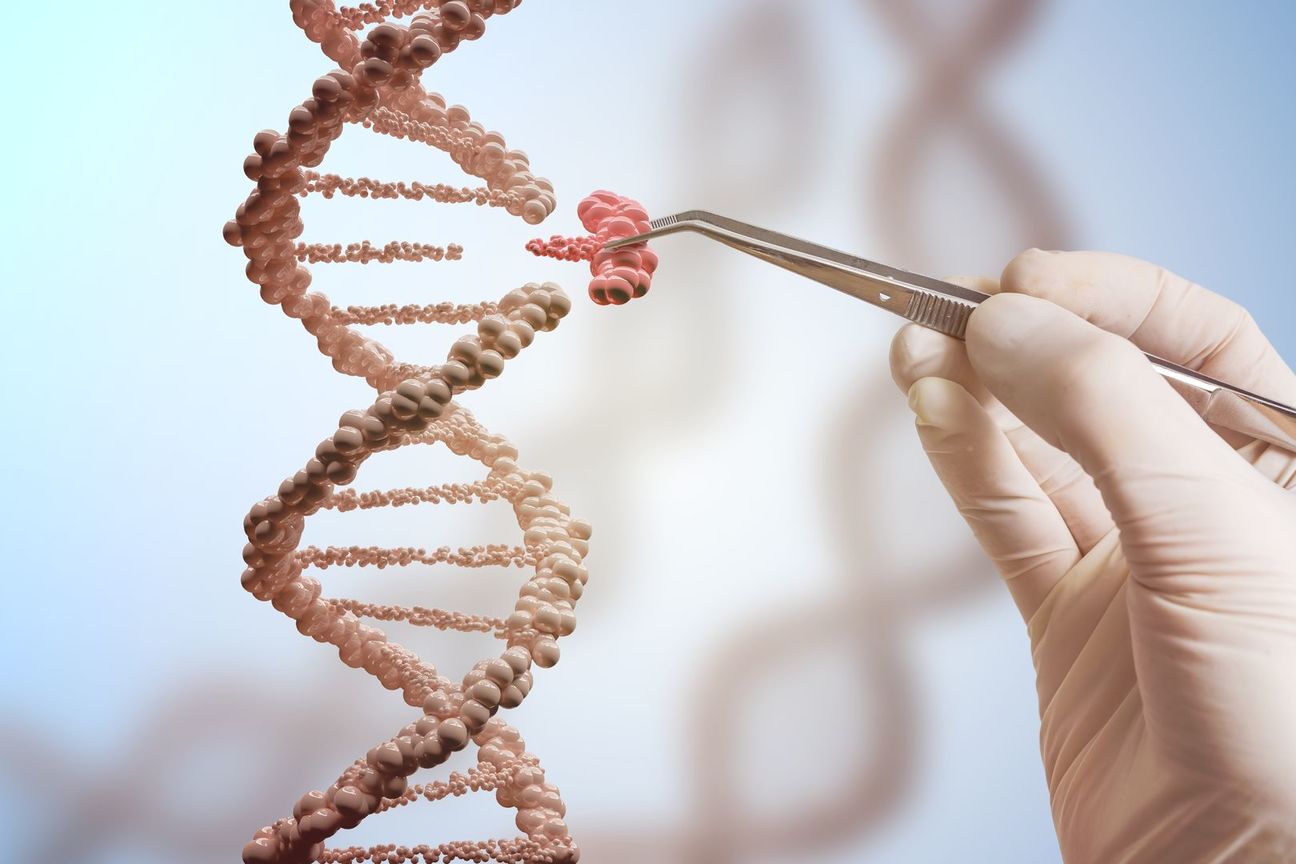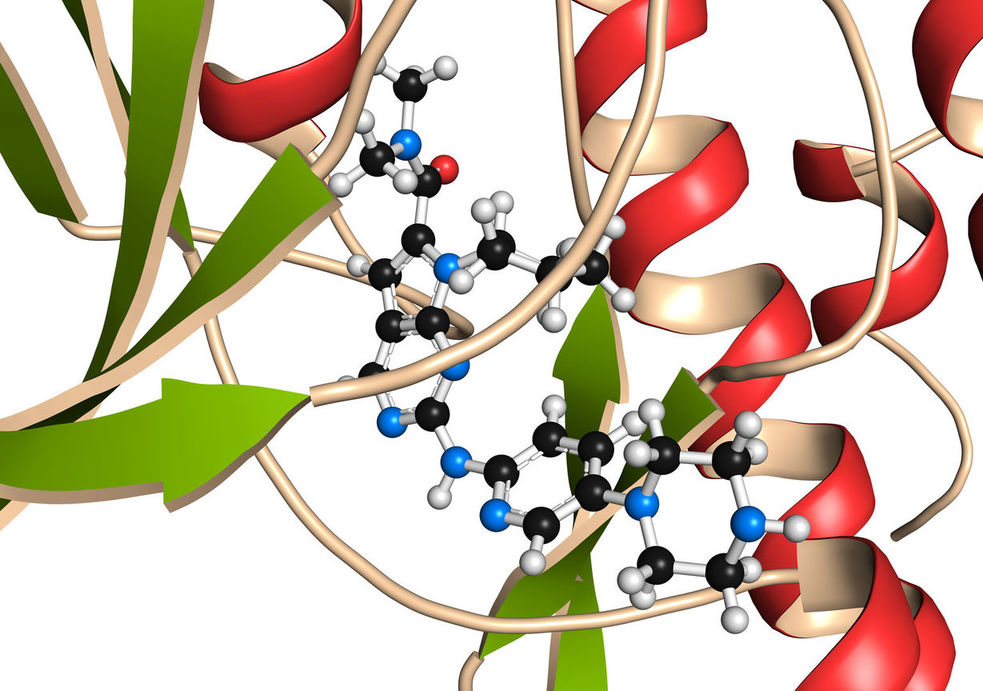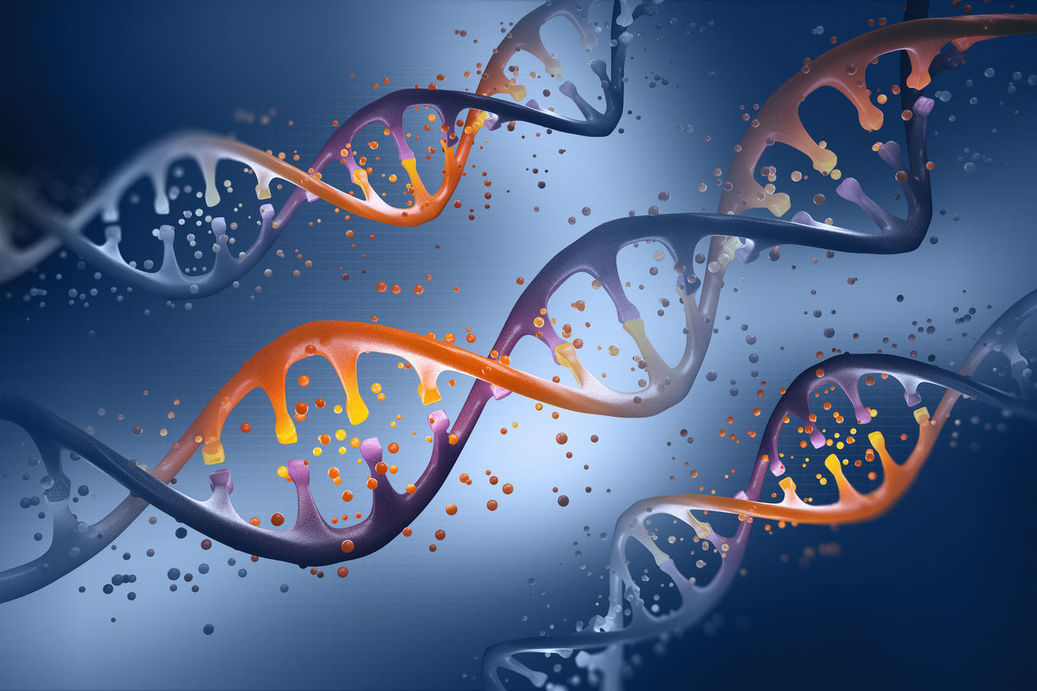Computational Model-assisted Carbohydrate Antigen Development Service
Trust in Our Expertise, Rely on Our Accuracy To Provide Carbohydrate Antigen Development
Abnormal glycosylation of tumor cells is closely related to cancer. Tumor-associated carbohydrate antigens (TACAs) caused by different mechanisms are biomarkers and specific targets for clinical diagnosis and therapeutic intervention. Based on machine learning and bioinformatics tools, CD BioGlyco provides a variety of carbohydrate antigen development services such as epitope analysis, binding site prediction, antigen structure design, and optimization services. Our team of professionals provides high-quality
Computational Glycoengineering-assisted Specific Modeling services.
Carbohydrate antigen discovery
Based on machine learning-based training of bacterial protective antigens and non-protective proteins, CD BioGlyco provides protective antigen prediction and specificity ranking services.
Based on bioinformatic and physicochemical properties, our researchers classify carbohydrate antigens and predict viral or cancer antigens.
Molecular modeling and molecular dynamics simulations
Our specialized computer team constructs homology models based on biological information provided by our clients and predicts their 3D structures through molecular dynamics simulations.
We provide a comprehensive analysis of the conformational effects of specific structural changes in carbohydrate antigens. Changes in antigen specificity are closely related to small changes in carbohydrate structure (in residue type, linkage position, or substituent) that produce significant changes in conformation and flexibility.
Based on molecular modeling, we provide validation services for the presence or lack of cross-protection between specific carbohydrate antigen pairs. Moreover, we provide carbohydrate antigen-ligand binding site prediction and characterization services.
CD BioGlyco provides high-quality computational docking and attitude stability assessment services.
CD BioGlyco mainly offers the following carbohydrate antigen development services:

Publication
Technology: Sialoglycan microarray, Alanine mutagenesis scanning, Molecular dynamics simulations, Sequencing, Computational docking
Journal: Scientific Reports
Published: 2018
IF: 4.997
Results: In this study, researchers combined glycan microarrays, targeted mutagenesis, STD-NMR, modeling, docking and MD simulations for antigen binding characterization. Among the constructed 3D models, 12,000 preliminary models were screened to obtain 340 putative structures for the next step of molecular dynamics simulation evaluation. The researchers performed root mean square fluctuation analysis for each ligand, deleted 260 poses, and performed the next analysis for the remaining 80 hypothetical poses. The most appropriate and specific pose was selected based on theoretical calculations and experimental data.
 Fig.1 Validation of complex through experimental and computational cross-validation techniques. (Amon, et al., 2018)
Fig.1 Validation of complex through experimental and computational cross-validation techniques. (Amon, et al., 2018)
Applications of Computational Model-assisted Carbohydrate Antigen
- Computational model-assisted carbohydrate antigen development significantly contributes to the development of therapeutic and diagnostic antibodies.
- Computational model-assisted carbohydrate antigen development contributes to the development of conjugate vaccines against other strains or other pathogens.
- Computational model-assisted carbohydrate antigen development can be used to identify the structural origin of carbohydrate antigenic properties.
Advantages of Us
- Our researchers have extensive experience in molecular modeling and structure design to ensure project delivery.
- Our lab provides customized carbohydrate antigen modeling and forecasting services based on our clients' unique needs.
- Our lab provides not only single antigen analysis but also antigen-antibody interaction analysis.
Frequently Asked Questions
- What are the general characteristics of antigenic determinants?
- Most antigenic determinants are hydrophilic, flexible, and bind on protein surfaces. Many of the known antigenic determinant clusters are in the region of free movement. Antigenic determinants are mostly found on the surface of antigenic substances and are easily recognized.
- How to predict conformational epitopes of antigenic sequences?
- An integrated learning approach is used to integrate various bioinformatics and physicochemical features to develop integrated models to predict conformational epitopes of antigenic sequences. The results obtained were further evaluated by leave-one-out cross-validation.
With the combination of artificial intelligence biophysics and biochemistry-based methods, CD BioGlyco provides accurate carbohydrate antigen development services. We are committed to being your premier partner in carbohydrate antigen computational modeling development. Please feel free to contact us with any inquiries.
Reference
- Amon, R.; et al. A combined computational-experimental approach to define the structural origin of antibody recognition of sialyl-Tn, a tumor-associated carbohydrate antigen. Scientific Reports. 2018, 8(1): 10786.
For research use only. Not intended for any diagnostic use.
Quick Links
Related Services



 Fig.1 Validation of complex through experimental and computational cross-validation techniques. (Amon, et al., 2018)
Fig.1 Validation of complex through experimental and computational cross-validation techniques. (Amon, et al., 2018) 


